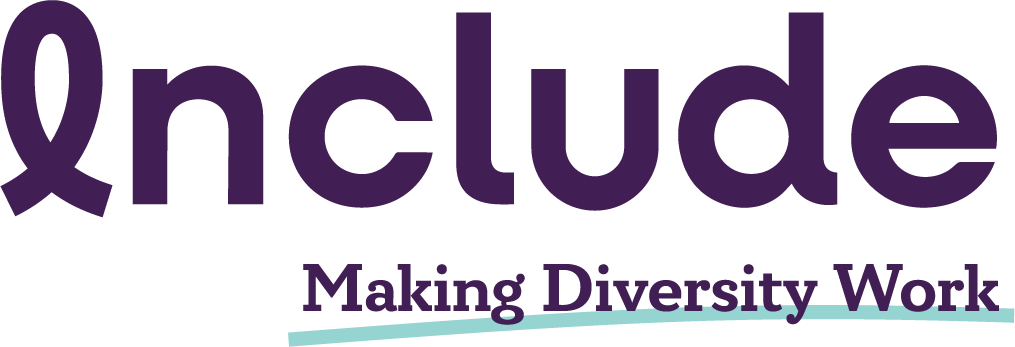Across Asia, the acceptance and visibility of LGBTQIA+ people in society and the media have been on the rise. However, despite these positive developments, many LGBTQIA+ employees still experience discrimination in the workplace. How pervasive is this discrimination? What can organisations do to address it and prevent it? This article aims to provide guidance to organisations embarking on the journey of fostering a culture that welcomes and includes LGBTQ+ individuals.
Discrimination is defined as the unfair or prejudicial treatment towards specific people and/or groups, and it can range from:
- Explicit and obvious behaviours (for example, someone who is open about being transgender being refused employment or promotion)
- Subtle behaviours but no less harmful, such as microaggressions that reinforce negative stereotypes (for example using hurtful and derogatory terms, which we will refrain from listing here).
Though it may be discomforting or even shocking to some, the journey towards equality must start with recognising the barriers and challenges faced by LGBTQIA+ individuals across Asia.
Unequal opportunities and career advancement
LGBTQIA+ individuals often face barriers to professional advancement, including being overlooked for promotions and leadership positions.
In a 2023 Deloitte Global report on LGBTQIA+ Inclusion @ Work, respondents shared that their biggest concern for being out at work was about being treated differently based on their sexual orientation and/or gender identity:
- From a sexual orientation perspective, 33% of respondents cite they would face discrimination and harassment, and over 25% worry that being out at work will affect their career prospects.
- From a gender identity perspective, 41% of respondents worry they would face discrimination and harassment, and 30% expect it would affect their career prospects.
In addition, another study that focused on transgender people (those whose gender identity is different from their assigned sex at birth) in Asia indicates that across all job sectors, cis-gendered individuals (those whose gender identity matches their sex) applicants overall receive an average 50.6 per cent more positive responses to job applications than trans applicants. This is despite resumes being rigorously tested to ensure equivalent attractiveness in the job market.
Workplace harassment
Incidents of harassment, bullying, and verbal abuse targeting LGBTQIA+ employees are still common in Asian workplaces. Such hostile environments foster fear, anxiety, and mental health issues, impairing job satisfaction and productivity. According to a UN Study, 21 percent of respondents in China, 30 percent in the Philippines and 23 percent in Thailand reported being bullied and harassed. The top three negative treatments reported were the same for all three countries, which included jokes or slurs, gossiping or sharing rumours, and making critical comments about how they dress, behave or speak. A potential explanation for this is that existing policies, such as non-discrimination and anti-harassment do not formally protect and grant LGBTQIA+ employees the same rights as other employees.
Addressing discrimination
Addressing discrimination towards the LGBTQIA+ community is not only a good practice, but it also makes great business sense as it is known to give organisations a competitive advantage.
Here are some practical steps organisations can take to support the LGBTQIA+ community:
- Listen and learn: Seek input from LGBTQIA+ employees and advocacy groups to understand their experiences and challenges. Create safe and anonymous avenues for ongoing dialogue and consultation to co-create policies, programs, and initiatives that address their specific needs.
- Inclusive policies: Organisations should review and update their workplace policies to ensure that it explicitly protects LGBTQIA+ employees. These policies should cover hiring, promotion, benefits, and disciplinary procedures.
- Leadership support and accountability: Leadership plays a crucial role in driving change. Top-level executives should be held accountable for creating inclusive environments.
- Encourage active allyship by training employees on how to recognise their privilege and be able to support and advocate for an inclusive environment for the LGBTQIA+ community.
- Offer mental health services: Provide and offer counselling to LGBTQIA+ staff to provide them with forums and safe spaces that provide inclusive and affirming support.
Addressing discrimination against the LGBTQIA+ community in Asia requires a multifaceted approach involving education, policy change, and allyship. Understanding the extent of discrimination is the right place to start for it helps empower organisations to take proactive steps to challenge bias, promote inclusivity, and support LGBTQIA+ individuals in the workplace.
Everyone should have the right to a workplace where they feel respected and safe. A more open and affirming workplace is likely to encourage satisfaction and greater loyalty among its employees, lead to greater productivity and improve its reputation as an inclusive employer.






